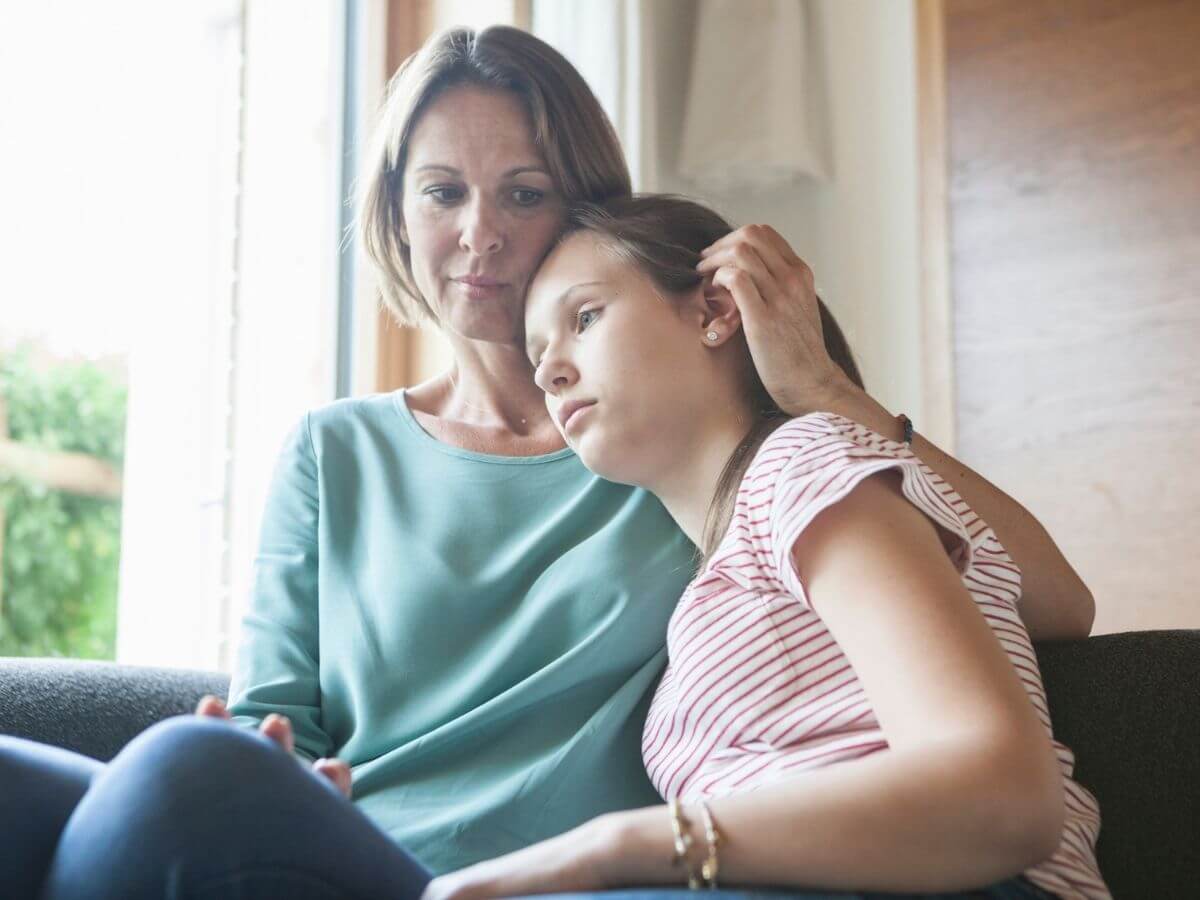Divorce and Family Health: How to Minimize the Impact on Your Children

Going through a divorce is hard — for you, your spouse, extended family, and friends. Perhaps most importantly, it can be very difficult for your kids. But there are steps you can take to minimize the impact the end of your marriage has on them.
Important Considerations for Your Children’s Emotional Health During a Divorce
While in some instances divorce may be in the best, long-term interest of everyone involved, it’s important to keep these eight considerations in mind for helping your children prepare for and adapt to this major change.
- Make a plan for when and how to tell your children about the divorce. What you don’t want to do is to blurt out the news in a moment of particularly deep anguish or anger and regret it later. Ideally, you and your spouse should sit down with your children and give them the news together. But either way, it’s important to emphasize that the divorce is not your children’s fault in any way, that both parents still love them, and that there’s no chance that you and your spouse will get back together. You should also tell your children that it’s understandable for them to experience and express emotions like sadness, anger, fear about the future, etc., and that you and your spouse are always available to talk with them about those emotions.
- Avoid discussing the cost of the divorce. Divorce is expensive, and not just in terms of money. There’s a significant amount of time, effort, and heartache involved in dividing a household, and potentially the loss of friendships and other relationships. Your children will come to realize that on their own, and you shouldn’t add “costs” to their worry list.
- Avoid fighting in front of your children. It can be challenging to find the time and space to have private conversations with your spouse, but it’s important to your children that you do. And that means being truly removed from them. Muffled arguments behind a closed bedroom door can be just as emotionally damaging as shouting matches in front of children.
- Focus first and foremost on how to care for your children. You and your spouse have many decisions to make about finances, living arrangements, etc., and reaching those decisions will take time. But the first thing you need to determine is how the two of you will care for your children — physically, emotionally, and financially. Ideally, you should agree with your spouse on this even before you tell your children about the divorce.
- Be prepared for the behavioral fallout. It’s not uncommon for children of divorced parents to suffer emotional and behavioral problems. You’ve got a lot on your plate, but you still must be ready to react if issues like poor academic performance, conflicts with their peers, and risk-taking behavior occur. There are resources to help with those issues, of course, but you’ve got to be attentive so you can spot them and take action.
- Maintain consistent rules and discipline. One of the things children need most during a divorce is consistency. If 9 p.m. was bedtime before you told them about your divorce, it should remain their bedtime — in both households — after you and your spouse separate. If the discipline for breaking rules involved loss of certain privileges, those same privileges should be withheld in both households going forward.
- Adopt a hopeful tone as soon and as often as you can. You shouldn’t “sugar coat” the situation, but you should help your children see that there are ways to adapt to any life change — no matter how difficult — and find happiness.
- Don’t hesitate to get professional help. Mental health counselors are skilled at helping children and their parents through difficult events like divorce. It’s not a sign of weakness to ask for that help. Rather, it’s a sign that you support your children and recognize that you need to protect both their mental/emotional health and your own.
Turn to Baptist Health for Help
An outside perspective on the challenges that you and your children face during a divorce can be very helpful as you work to minimize the emotional impact. Learn about behavioral health services at Baptist Health today.
Next Steps and Useful Resources
Find a Behavioral Health Provider
How to Survive the Holidays After a Breakup
Benefits of Talk Therapy
The Science of a Broken Heart



